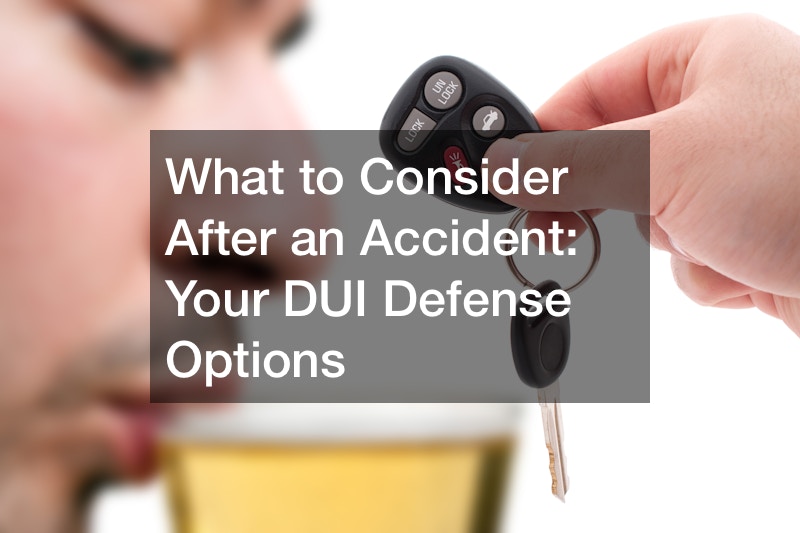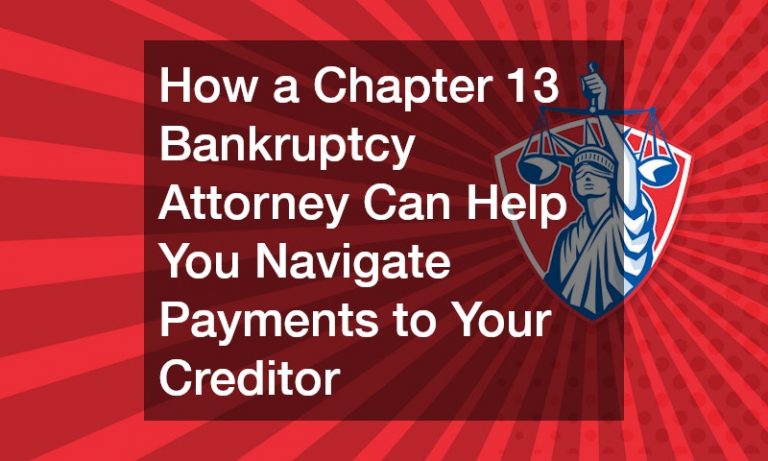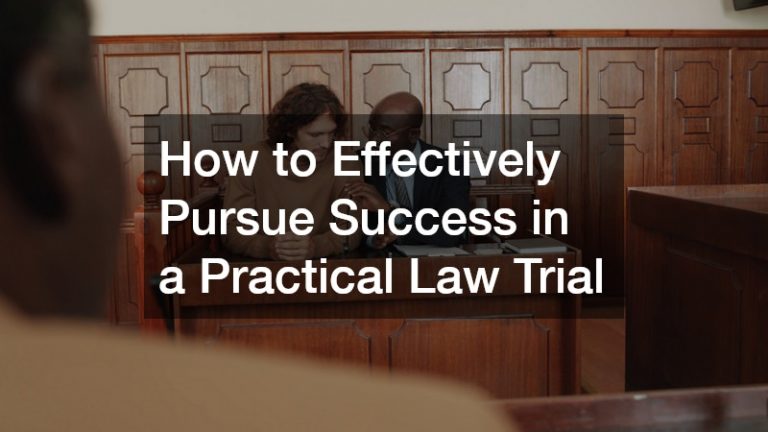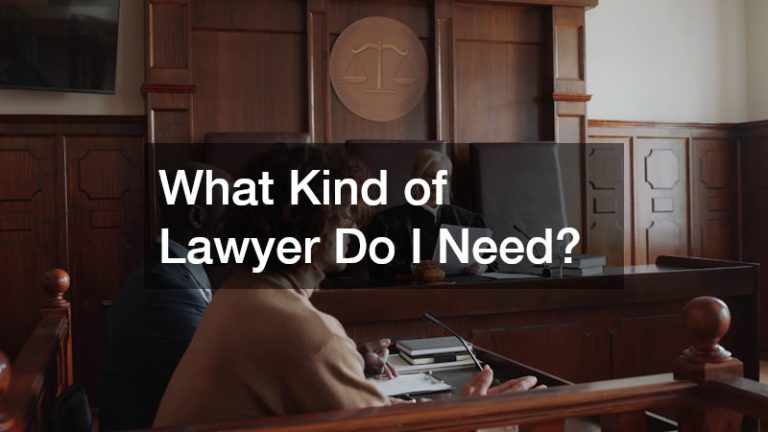
Being involved in an accident can be scary but even more precarious if driving drunk. In such a case, you will likely be charged with a DUI offense, regardless of who’s at fault. Unfortunately, the situation can be worse if you’re at fault and the accident results in property damage, serious bodily injuries, or death, in which case you can face more charges. But just because you’re facing DUI-related offenses doesn’t mean you’re guilty; you have the right to defend yourself against these charges. So, below are the top DUI defense options that can help you navigate the situation toward a more positive outcome.

Stay Calm and Assess the Situation
The impact of a car crash can lead to shock, panic, and anxiety. And unfortunately, being under the influence can exacerbate your panic and anxiety, given the legal ramifications you’ll likely face. However, the best thing you can do in such a situation is to remain calm. This will allow you to assess and respond to the accident in a calmer and more controlled manner, thus improving your DUI defense options.
You can assess your situation once you’ve calmed down from the crash impact. One of the top things to check on is injuries (yours and those of any passengers in your car). You should also check how safe you are following the crash. For example, are you in the middle of the road and exposed to traffic?
If your injuries are not severe, you can step out of the car and assess the accident more closely. For example, you can check on your passengers to determine how seriously hurt they are. You can also check on the other vehicle‘s driver or third parties involved to see if there are injured or need assistance.
Remain at the Scene of the Accident
Being involved in an accident when you’re under the influence can be terrifying. As a result, you might panic and try to flee to avoid a DUI charge. However, it would be best if you avoided such temptation as it dramatically reduces your DUI defense options and can lead to more charges and severe penalties.
One of the main reasons why you shouldn’t leave an accident when drunk is that it’s a crime, and you’ll most definitely be charged with a hit and run. You could also face more charges if the victims suffered severe injuries or died. Therefore, it’s better to stay at the accident scene and deal with the consequences, which a good DUI lawyer can help you navigate.
Another reason fleeing is futile is that you might still be charged with the DUI offense you’re trying to avoid. This can happen if the police are called to the scene and apprehend you when you’re fleeing. On top of that, prosecutors DUI after the fact if they have sufficient evidence, for example, a video of you behaving erratically or witnesses’ testimony.
Call for the Necessary Emergency Services
Calling emergency services after a DUI-related crash can be scary. However, doing so can ensure injured third parties receive proper help, thus saving their lives. This can reduce the potential legal consequences you might face if you’re found to be at fault for the accident.
An ambulance is one of the top emergency services to call for after an accident, significantly if you or anyone else has been injured. In addition, you should contact the police and report the accident, even if it seems minor. After all, even if you don’t call, other parties and witnesses can still report the crash.
One thing to note, though, when calling for emergency services is that your call will be recorded and can be used as evidence in the event of a court case. Therefore, you should avoid mentioning that you’re drunk or admitting fault for the accident, as this can harm your DUI defense options. So, the best thing to do is to only offer the details of the accident, for example, the location, how many people are involved, injuries, etc.
Apart from emergency services, you might also need to call for more help after your accident. For example, you may require a towing service to move your vehicle off the road if it has extensive damages. However, it would be best to talk to responding police officers before calling a tow truck, as your car could still be part of an active investigation.
Document the Accident Scene
The police officers who respond to the crash will create an accident report based on their investigation. In addition, they’ll take your statement and that of other involved parties and witnesses, which can help provide an accurate detail of the crash. However, documenting the scene and, more specifically, taking pictures and videos of the accident is still a good idea.
One of the top reasons why photos and videos are vital is that they can offer crucial and accurate evidence. For example, the police and witnesses can miss some details of the crash, which you can capture with your camera. This can offer you excellent DUI defense options should you end up in court.
Taking photos and videos of the crash scene can also help you when reporting the crash to your insurance company. For example, you can use them as proof of damage to your vehicle when filing a claim. In addition, they might provide evidence showing that you weren’t at fault for the accident or protect you from insurance fraud by other involved parties.

Don’t Admit Fault or Discuss the Accident
According to Psyche.Co, it’s pretty common to feel guilty after causing an accident. The guilt can be incredibly intense when you’re under the influence and the crash is severe. However, regardless of how tempting it might be, you should admit that you’re at fault for the accident, mention that you’re drunk, or even discuss the accident circumstances with the other involved parties.
One of the top reasons for not admitting fault or discussing the accident is that other individuals are likely to be used as witnesses against you if you end up in court. Therefore, any statements you make, including admission of fault, being drunk, or even saying ‘sorry,’ can harm your DUI defense options.
Furthermore, just because you’re drunk doesn’t automatically mean you’re guilty of DUI. Drunk driving law or legislation have specific requirements, especially regarding alcohol content. Therefore, you may be drunk but not impaired in the eyes of the law. Unfortunately, your lawyer might have difficulty proving this in court if you admit you’re drunk at the crash scene.
Be Prepared to Deal With the Police
After a crash, the police will talk to you to get your side of the story and collect your statement. This can be tricky when you’re under the influence, as anything you say may be used as evidence against you in court. On the other hand, interfering in a police investigation might land you in more legal trouble and harm your DUI defense options.
Therefore, according to HG.org, the best thing to do is to cooperate with the police officers but also assert the rights you’re entitled to. For example, you can provide the officers with identifying information. However, you’re not obligated to inform them that you’re drunk or admit to being at fault during the accident. On top of that, you can decline requests for a field sobriety test or a search inside your car.
Unfortunately, the responding officers will likely arrest you if they suspect you’re drunk. However, you’re still entitled to more rights, such as remaining silent and calling a lawyer who can guide you during the questioning phase of the investigation. In addition, your attorney can help to arrange for bail if you’re being held in custody pending trial.
Inform Your Insurance Company
Dealing with your insurance company is one of the most vital tasks you must handle after an accident. Therefore, you should call and inform them immediately to guarantee a smooth claims process. Furthermore, you can expect other involved parties to contact your provider, especially if you were at fault during the accident.
When dealing with your auto insurance company, you should be as forthcoming as possible about the accident’s details and the damage’s extent. However, you should avoid admitting that you were at fault or drunk at the time. Nonetheless, these are details that your insurance provider is still likely to find out on their own, so you should be prepared for the consequences.
According to NOLO, some possible consequences of being at fault in a DUI-related crash include coverage denial. Fortunately, a lawyer can assist you with this issue, but you can still face a substantial financial burden. On top of that, you may have to deal with high insurance premiums going forward or cancel your current policy due to drunk driving.

Hire Good Defense Lawyers
You’re likely to find yourself in a court of law after being involved in an accident where you’re under the influence. Despite the circumstances of your care, this can be a scary experience. Fortunately, having a lawyer with you can help you navigate the legal process and, if necessary, defend your interests and rights.
A DUI attorney is one of the top lawyers to hire; they can represent you in court and offer you DUI defense options against the prosecution’s case. Also, you might require a drug defense attorney if you are under the influence of other substances and are facing drug-related charges. Depending on the evidence against you, these lawyers can help to get your charges thrown out or earn you an acquittal. Alternatively, they can negotiate a sentence that sees you pay for your mistakes while giving you a second chance.
Apart from the criminal proceedings, you might end up in civil court if other parties involved in the accident sue you for compensation. While such legal proceedings will not result in a prison sentence, they can have serious financial consequences. Therefore, you should hire an injury attorney to represent your interests and defend your rights in court.
Take Your Car to the Auto Shop
After a DUI-related accident, you’ll likely be dealing with extensive damage to your car on top of your legal troubles. And unfortunately, even the most minor crash can result in extensive damages, especially when another vehicle is involved. Therefore, finding a good repair shop is another vital task after your accident.
The repairs you’ll need for your vehicle will depend on the severity of the crash. However, some of the most common areas that need fixing include the wheels & tires, suspension, airbags (and the dashboards), front and rear bumpers, etc. In addition, you likely need auto body repairs to fix structural or cosmetic damage to your car’s body panels.
Of course, you’ll need to take it to your insurance provider before fixing your car. Depending on your policy, the insurance company can cover all the costs of repairs without any issues. However, you can also expect some pushback from them, especially if you are charged or convicted for driving under the influence. But luckily, a good lawyer can help negotiate fair compensation with your insurance company, thus protecting your financial interests.

Get Help if You Have an Alcohol or Drug Problem
According to the NHTSA, an estimated 37 people die daily in the U.S. due to drunk driving car accidents. Therefore, being under the influence on the road is not a good idea, as it can lead to your death and those of other road users. So, surviving a DUI-related crash should be a wake-up call to change your behavior and get the necessary help.
Attending therapy is one of the top ideas to consider after being involved in a DUI-related crash. A therapist can help you deal with any issues in your life, including what could have led you to drive while drunk. In addition, therapy can be an excellent way of dealing with the trauma experienced during the crash.
Besides therapy, you can also enroll in an outpatient rehab program to deal with your alcohol or drug use problems. The rehabilitation treatment can allow you to turn your life around, thus preventing another repeat incident. On top of that, voluntary rehab is one of the top DUI defense options, as it can show a judge that you’re committed to changing your ways, thus leading to a less harsh sentence.
Being involved in an accident is not a pleasant experience, and neither is facing criminal or civil legal proceedings due to driving under the influence. Fortunately, with the above DUI defense options, you can present a strong case in court that diminishes your legal consequences. And once your legal troubles are over, you can return to the road, this time being careful not to drive while drunk.



